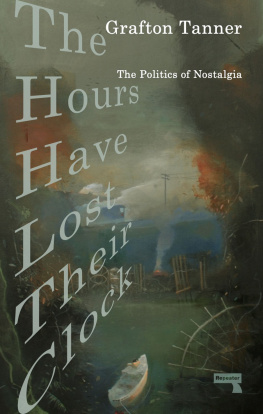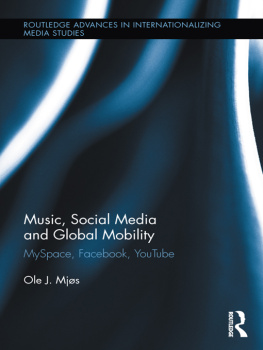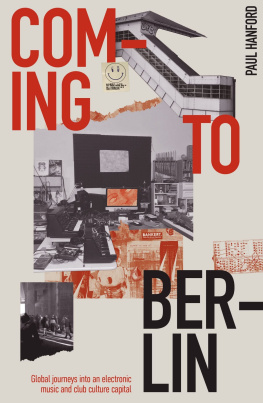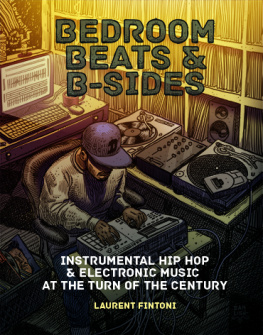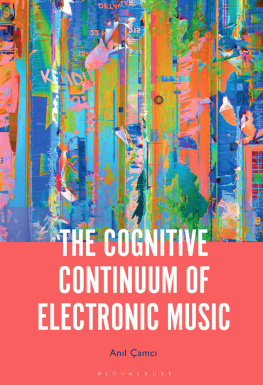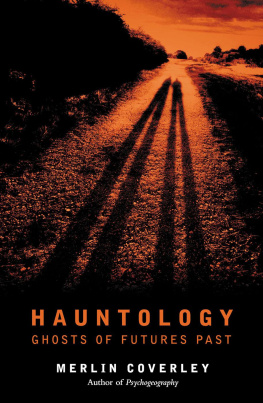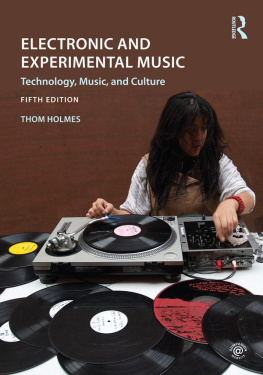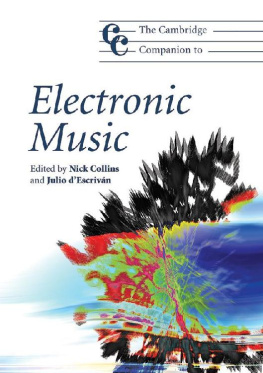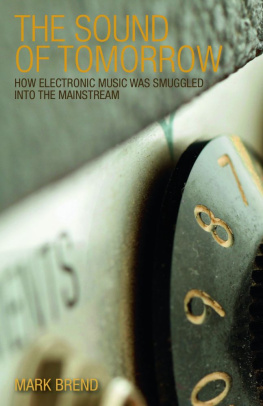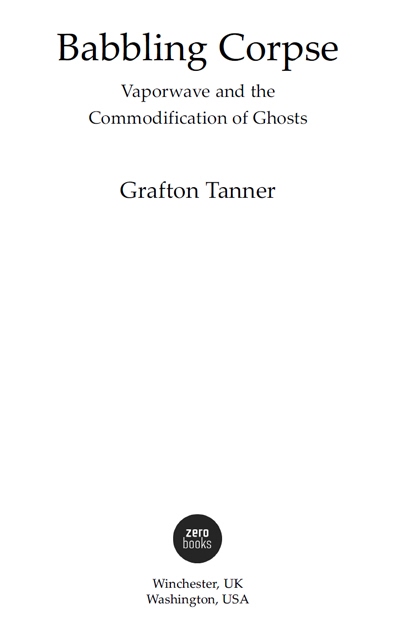First published by Zero Books, 2016
Zero Books is an imprint of John Hunt Publishing Ltd., Laurel House, Station Approach, Alresford, Hants, SO24 9JH, UK
office1@jhpbooks.net
www.johnhuntpublishing.com
www.zero-books.net
For distributor details and how to order please visit the Ordering section on our website.
Text copyright: Grafton Tanner 2015
ISBN: 978 1 78279 759 3
Library of Congress Control Number: 2015952170
All rights reserved. Except for brief quotations in critical articles or reviews, no part of this book may be reproduced in any manner without prior written permission from the publishers.
The rights of Grafton Tanner as author have been asserted in accordance with the Copyright, Designs and Patents Act 1988.
A CIP catalogue record for this book is available from the British Library.
Design: Lee Nash
Printed and bound by CPI Group (UK) Ltd, Croydon, CR0 4YY, UK
We operate a distinctive and ethical publishing philosophy in all areas of our business, from our global network of authors to production and worldwide distribution.
Where there was once the real, there is now only the electronic generation and circulation of almost supernatural simulations. Where there was once stable human consciousness, there are now only the ghosts of fragmented, decentered, and increasingly schizophrenic subjectivities. Where there once was depth and affect, there is now only surface. Where there was once meaning, history, and a solid realm of signifieds, there is now only a haunted landscape of vacant and shifting signifiers.
Jeffrey Sconce
America! / Everything has its price; nearly everything has been bought.
Terrance Hayes
Introduction
Ghostly Encounters
As a teenager, I frequented the online cinematheque known as MUBI (formerly The Auteurs) to discuss the art of cinema with like-minded movie lovers and rank my favorite films, hoping to strike up a chat with a prominent critic or filmmaker. The site was welcoming and never exclusive, a space for cinephiles to indulge in everything from listing our favorite Criterion Collection releases to watching and appreciating obscure and neglected films. Everyone heard the others voice, and opinions were acknowledged and debated fairly and openly. It was my first experience enjoying the social part of social media and understanding the extraordinary benefits of being connected with any person on the planet via the Internet.
Late one night, as I trawled through the message boards and left behind scattered comments here and there, I noticed an unfamiliar member was commenting after every one of my posts. I clicked on the members profile only to discover a blank biography section, no profile picture, and no rated films. The comments underneath my own were always the same a grainy, lo-res photograph of a middle-aged man with brown hair in mid-turn towards the camera with the caption, This is what baked shit looks like, just below it. The blankness of the mans expression combined with the anonymity of the profile shook me up, but what gripped me with an urgent, sudden fear was the fact that this trolling presence had attached itself to me and was posting this photograph and caption after every one of my own posts I made that late night.
Part of the Internets strangeness stems from the anonymity and pseudonymity it can offer, even as it also allows anyone unprecedented access to the private lives of others. My encounter with this Internet troll on MUBI unsettled me because of its anonymous precision. It commented too soon after my own posts. Its message was always the same. Suddenly I didnt feel like I was in the presence of real people on this website but like I was communicating with their surrogates, their avatars, uncanny copies sent in advance of the real things. I realized the true nature of communication on MUBI and then even more so when I joined Facebook and other social-media sites that can offer equal amounts of pseudo- and anonymity. Even before my run-in with the troll, I had not once had communication with any real person on those MUBI message boards. Night after night, I had been sitting in my house in front of my computer with no one else.
It is a confounding and eerie sensation to feel social while alone, thronged with invisible entities whose presence is felt yet who appear wholly absent. These entities are our twenty-first-century ghosts, shorn from their corporeal shells and set loose to glide through cyberspace at lightning speed and with startling precision. We call to one another in the darkness of the Internet, reuniting with hosts of friends and followers, but the act is all theater. There is nothing there in the dark except the dead gaze of a copy.
Western culture teems with so many ghosts: digital doppelgngers, anonymous commenters, and of course the ghosts of our past the remnants of history, national trauma, and our individual memories, which are more drawn to the sirens of the past in the Information Age than ever before. The digital ghosts, the ghosts in our machines, remind us our technological creations are anything but infallible, yet we become profoundly unnerved when our creations act seemingly with a will of their own. Or, when we encounter a virtual presence whose materiality is anonymous (like the MUBI profile). The ubiquity of digital technology and the desperate faith in technological redemption de-center the human as the locus of experience in history, and this thought is difficult to grasp. When faced with the possible existence of a ghost, a malfunction in ordered normality, we retreat in abject fear. We live in the manufactured illusion that we are still separate from our media extensions when in fact we are interlopers stumbling through a spectral world not for us.
The other ghost resides not in the machine but instead glides over history, loudly declaring its arrival as it reminds us of our forgotten pasts and lost futures, our mutual traumas and former experiences as a Western society. I will touch on both ghostly forms in this book, and I will examine contemporary art and philosophy to better understand why these hauntings occur more frequently in twenty-first-century culture.
At the crux of our haunted culture is vaporwave, an Internet-born electronic-music microgenre that consistently divides critics and listeners alike with its singularly strange aesthetic and guerrilla methods of production. Although it has its roots in avant-garde electronic pioneers such as John Cage and culture jammers like the San Francisco band Negativland, vaporwave as a proper genre and scene emerged only in the early 2010s, and in just a few years it has prompted furious online debate. All the while the scene itself has grown tremendously in a short time, and one could attribute this to both vaporwaves appeal and the ease with which it can be created (more on this later).
Largely ignored by the mainstream press, vaporwave has instead flourished on websites such as Bandcamp and SoundCloud and on Reddit, where a popular subreddit is dedicated solely to discovering new producers and sharing the images and sounds of this nascent yet prolific genre. Because vaporwave exists almost entirely outside the sphere of PR and the music industry at large, it has tremendous underground appeal. Here is an entire community of artists, musicians, remixers, and critics listening to and creating strange and exciting sounds that grapple with nostalgia, consumerism, and the uncanny in a digital age.
This book does not offer a definition of vaporwave, nor does it present a proper history of the genre. I will explain certain characteristics of the genre and detail how they fit into my argument that vaporwave is the musical product of a culture plagued by trauma and regression in late capitalism. This is my reading of the genre overall, and I do not aim to locate the authorial intent of every vaporwave producer. That being said, the most enjoyment I had in writing this book was getting to talk to the musicians themselves and discussing the purpose of vaporwave and what vaporwave meant to each of them. It was an extremely rewarding experience.


